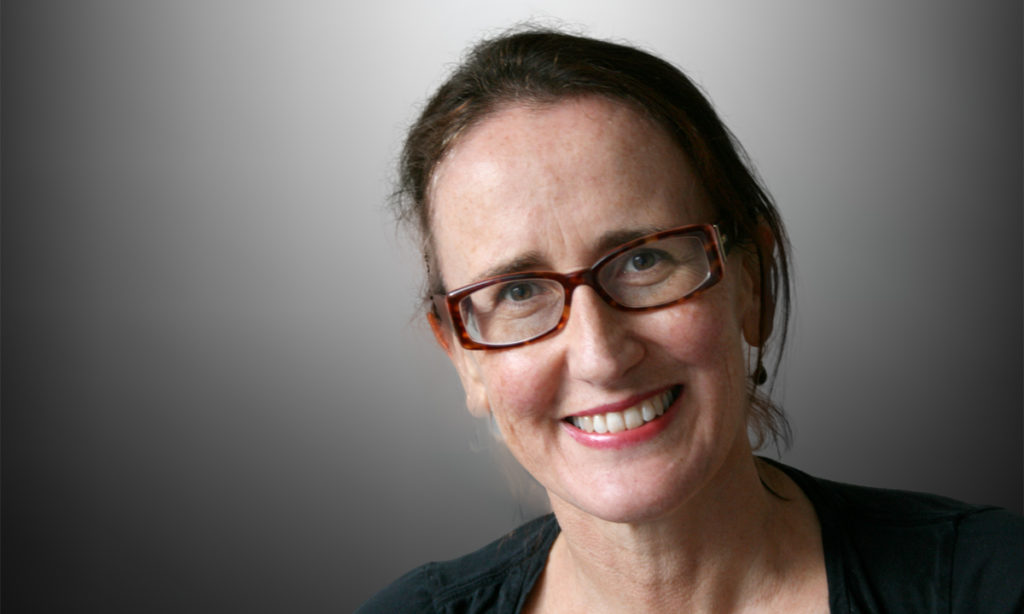ADVERTISING targeted at women has long been accused of fuelling unhealthy anxieties about body image, with airbrushed, and sometimes outright anorexic, models creating a beauty standard that bears little relation to reality.
Whether it’s body size or ageing, the message in the ads relies on shame to lure people into buying an often-dubious commercial product.
In the lead-up to the northern summer of 2015, the London Underground was plastered with images of an exceptionally thin woman in a bikini accompanied by the caption “Are you beach body ready?”
I was there for work at the time and the poster seemed to be on every platform at every station, relentlessly confronting female commuters with the message that they were never going to look good enough to enjoy a swim in the ocean.
The ad was, of course, for a weight loss company. It inspired considerable anger and a fair bit of online mockery at the time. Women of all shapes and sizes hit back, posting photos of themselves in swimwear in front of the ads with a rival caption: “How to get a beach body: take your body to the beach”.
Men used to be considered immune to this kind of commercially inspired body shaming, but rising rates of eating disorders in adolescent males show that we are all vulnerable to feelings of inadequacy about our unruly bodies.
We may not expect the highest standards of ethical advertising from the weight loss industry, but is public health advertising entirely immune from this kind of thing?
An advertising campaign designed to combat childhood obesity in the US state of Georgia sparked debate back in 2012 after it put images of overweight children on billboards. “It’s hard to be a little girl when you’re not,” read the caption next to one picture of a miserable-looking child.
While some health professionals supported the campaign’s use of shock tactics to combat what is undoubtedly an important problem, others disagreed.
“We know that stigmatisation leads to lower self-esteem, potential depression,” public health researcher Dr Rodney Lyn told NPR. “We know that kids will engage in physical activity less because they feel like they’re going to be embarrassed. So there are all these negative effects.”
A controversial Australian campaign sparked concerns about counterproductive shaming of parents after it suggested allowing children to eat junk food was equivalent to giving them heroin.
When it comes to ageing, advertising has long sought to convince us we must do everything we can to hide physical manifestations such as wrinkles and baldness, sometimes recruiting health professionals to help spruik the message.
Happily, I don’t think any Australian clinician has quite followed the path charted by notorious US surgeon and television personality Dr Oz, who actively sells a range of pseudoscientific diets and anti-ageing products.
Still, a new position statement on advertising released by the Australian Medical Association (AMA) last week does raise concerns about doctors’ participation in advertising practices that pathologise human conditions and experiences.
“Doctors should not promote products or services in a manner that encourages unnecessary medical consumerism or encourages individuals to view their personal experiences and appearance through a medicalised lens,” the statement says.
“The AMA is troubled by medical advertising practices that promote unrealistic body images, particularly where these concerns relate to common features of the human lifecycle such as the development of wrinkles, skin laxity, breast ptosis or baldness.”
Similarly, common human emotions such as grief or day-to-day worries were not necessarily pathological conditions requiring medical treatment, the AMA said.
“Advertising practices that promote consumerism and pathologise the human condition and experiences can exploit vulnerable individuals, lead them to seek treatments that are not medically necessary and contribute to poor mental health.”
We should leave those kinds of practices to the weight loss industry. They are, after all, the experts.
Jane McCredie is a health and science writer based in Sydney.
The statements or opinions expressed in this article reflect the views of the authors and do not represent the official policy of the AMA, the MJA or InSight+ unless so stated.

 more_vert
more_vert